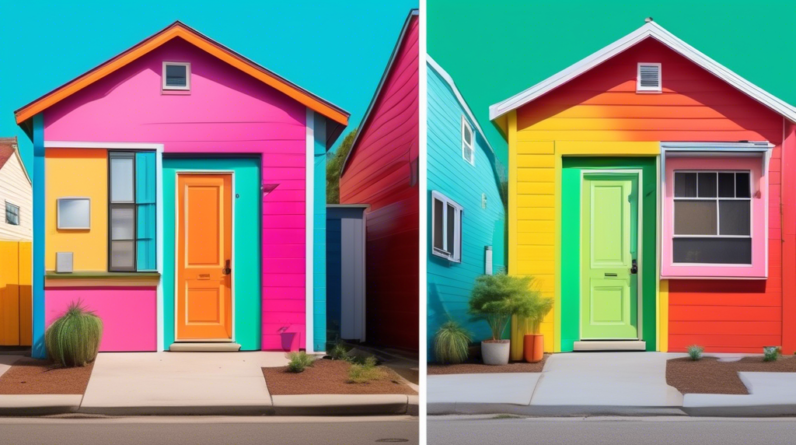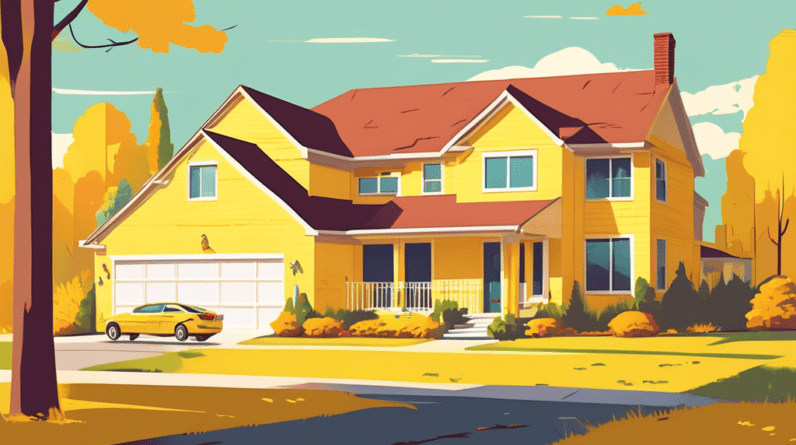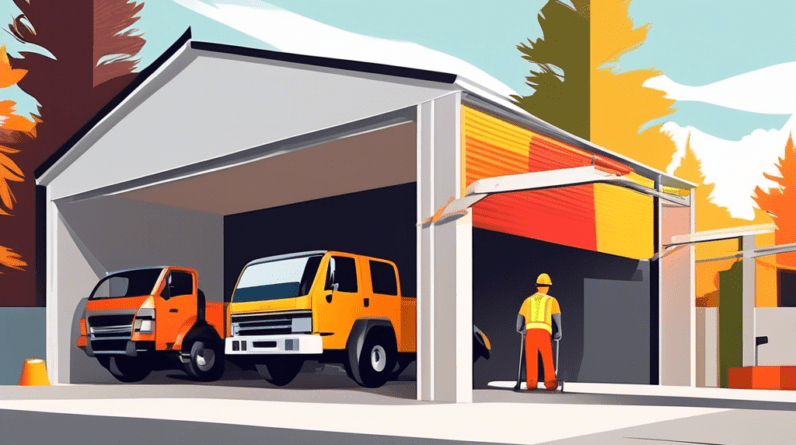
A Controversial Solution to a Growing Crisis
Kissimmee, Florida – In a bold move to address the city’s burgeoning affordable housing crisis, a Kissimmee City Commissioner has put forth a controversial proposal: converting existing garages into rentable apartments. The proposal, met with both cautious optimism and fierce opposition, has ignited a heated debate about property rights, neighborhood aesthetics, and the urgent need for affordable housing solutions.
The Roots of a Crisis: Kissimmee’s Affordable Housing Shortage
Like many communities across the nation, Kissimmee is grappling with a severe shortage of affordable housing options. Skyrocketing rents, stagnant wages, and a growing population have created a perfect storm, leaving many residents struggling to keep a roof over their heads. The situation is particularly dire for low-income families, seniors living on fixed incomes, and essential workers who are increasingly priced out of the communities they serve.
The lack of affordable housing has far-reaching consequences, impacting not only individuals and families but also the overall health and vibrancy of the community. It can lead to increased homelessness, financial strain, decreased access to healthcare and education, and a decline in the quality of life for all residents.
A Bold Proposal: Garages as Potential Housing Solutions
Commissioner [Commissioner’s Name], a vocal advocate for affordable housing initiatives, believes that converting existing garages into rentable apartments could offer a viable and relatively swift solution to the city’s housing woes. The proposal suggests establishing clear guidelines and regulations for these conversions, ensuring they meet building codes, safety standards, and aesthetic requirements.
According to Commissioner [Commissioner’s Name], We need to think outside the box and explore every possible avenue to address this crisis. Garage conversions offer a unique opportunity to create additional housing units within existing neighborhoods, utilizing existing infrastructure and minimizing the need for costly new construction.
The Potential Benefits: Affordability, Accessibility, and Community Integration
Proponents of the proposal highlight several potential benefits of garage conversions:
- Increased Affordability: Garage apartments, typically smaller in size, would inherently command lower rents compared to traditional apartments, providing more affordable options for individuals and families.
- Enhanced Accessibility: By creating housing units within existing neighborhoods, the proposal aims to increase access to affordable options closer to employment centers, public transportation, and essential services.
- Community Integration: Unlike large-scale affordable housing developments that can sometimes feel isolated, garage conversions promote greater community integration by blending seamlessly into existing neighborhoods.
- Property Value Boost: For homeowners, converting a garage into a rental unit can offer an additional source of income, potentially enhancing property values and stimulating the local economy.
Addressing Concerns: Navigating Opposition and Ensuring Responsible Implementation
Despite the potential benefits, the proposal has sparked significant opposition from residents who raise concerns about:
- Property Rights: Opponents argue that government-mandated garage conversions infringe upon homeowners’ property rights and limit their freedom to utilize their property as they see fit.
- Neighborhood Character: Some residents express worries that garage conversions could alter the character and aesthetics of their neighborhoods, potentially leading to overcrowding and parking congestion.
- Impact on Property Values: While some argue that conversions could boost property values, others fear that an influx of rental units could have the opposite effect, decreasing property values for existing homeowners.
- Implementation Challenges: Critics point to the logistical challenges of ensuring that all conversions meet building codes, safety standards, and aesthetic requirements, potentially placing a strain on city resources.
Moving Forward: Finding Common Ground and Seeking Viable Solutions
The debate surrounding garage conversions highlights the complexities of addressing the affordable housing crisis. While there is no easy solution, the proposal has ignited a crucial conversation about the need for innovative and sometimes unconventional solutions.
To move forward, city officials are committed to engaging in a transparent and inclusive process that involves gathering community input, addressing concerns, and exploring all available options. Striking a balance between the rights of homeowners, preserving the character of neighborhoods, and ensuring the availability of safe and affordable housing will be paramount.
Ultimately, the success of any initiative, including the potential for garage conversions, hinges on finding common ground, fostering collaboration between stakeholders, and prioritizing the needs of all members of the community. As the debate continues, it underscores the urgency of addressing the affordable housing crisis with a multifaceted approach that explores all potential avenues for creating a more equitable and inclusive Kissimmee.






